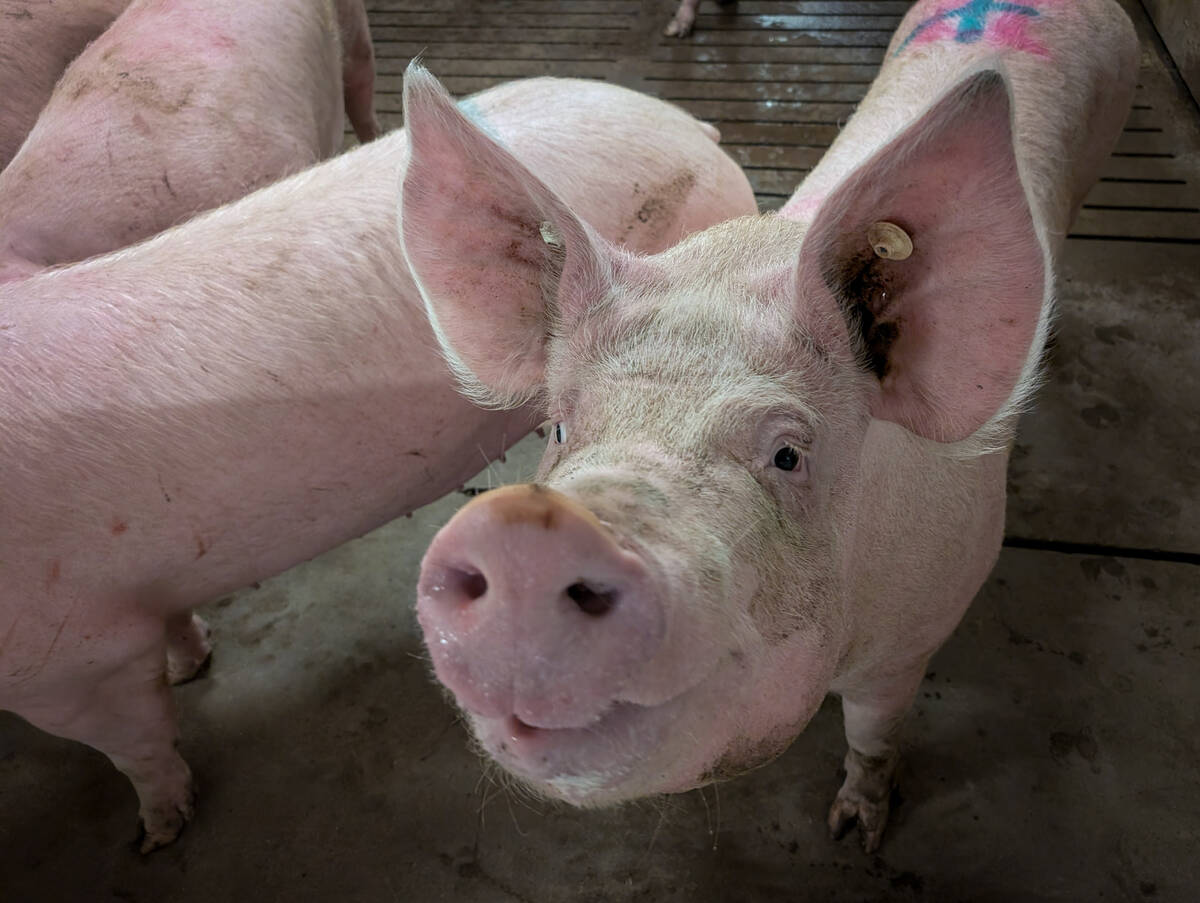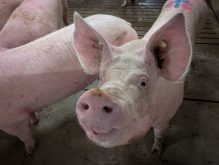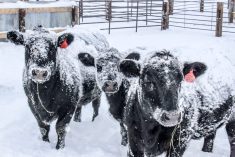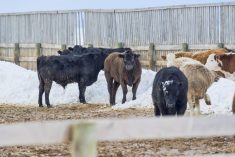Animals on two farms in British Columbia are under quarantine and being tested for brucellosis after three slaughter cattle from the farms tested as “reactors” to the disease in the U.S.
The Canadian Food Inspection Agency confirmed Wednesday it has started a disease investigation on both farms after the three beef cows were screened during routine slaughter testing south of the border.
And the U.S. Department of Agriculture has responded with temporary import restrictions on “all sexually intact” cattle and bison that have lived in B.C. since March 25, CFIA said.
Read Also

Gene edited, PRRS resistant pig approved in Canada
Canada has given its stamp of approval to pigs gene edited to resist porcine reproductive and respiratory syndrome (PRRS).
USDA will require that animals in that category — other than those exported for immediate slaughter — must have a CFIA-certified negative test for brucellosis before export to the U.S., the agency said.
That requirement is nothing new, as several U.S. states and most trading partners already require testing of live animals for brucellosis before export, CFIA noted.
For its part, CFIA said its staff will now work to verify the health status of both farms’ herds and trace the movement of animals on and off the two properties.
The original samples from the U.S. are now headed to the CFIA’s Ottawa laboratory for further testing, with results expected within a week, CFIA said Wednesday. The Ottawa lab is a World Organization for Animal Health (OIE) reference laboratory for brucellosis.
Canada hasn’t had a case of brucellosis in cattle since 1989. As of March 1, all U.S. states were classified as free of the disease; Idaho confirmed infection in one herd in late 2009 but has kept its brucellosis-free classification.
Brucellosis is contagious and can affect many species of mammals, including cattle, swine, bison, elk, deer, goats, sheep and horses. It can cause a disease called “undulant fever” in people, but human cases are rare in Canada, CFIA said.
Sanitary practices in slaughterhouses and pasteurization of milk prevent nearly all human cases of brucellosis, CFIA said. People can further avoid infection by avoiding unpasteurized milk or cheese and by careful handling of infected animals and their tissues.
In unvaccinated cattle herds, contagious strains of brucellosis can spread quickly and cause abortions in infected cows. Infections in cows can also lead to stillborn or weak calves, retained placentas and/or reduced milk yield.
For lack of treatment options, controlling brucellosis in cattle depends mostly on detecting and preventing the disease, through vaccinations and by testing and culling “reactor” animals.

















